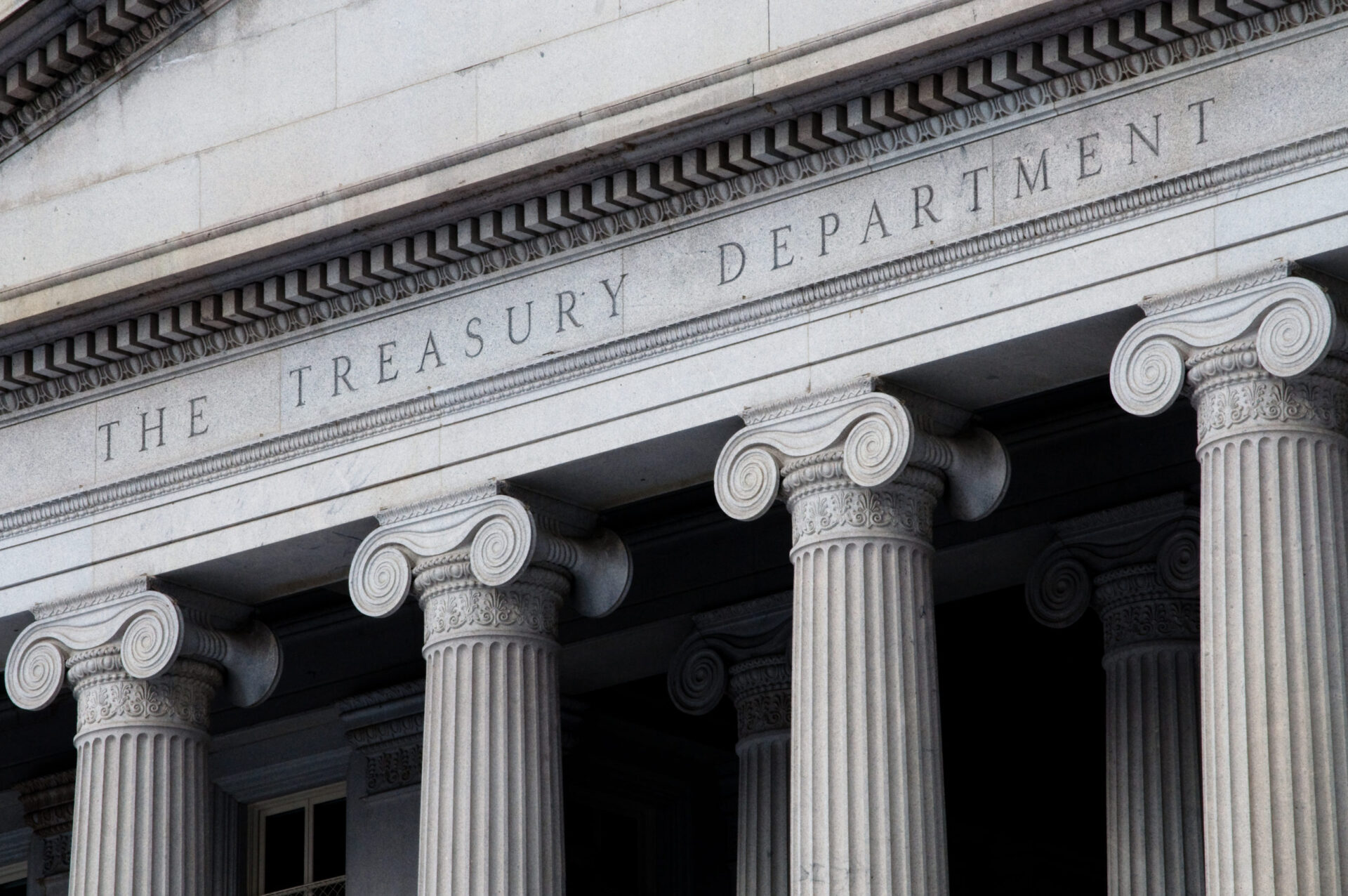As the country approaches D-Day for defaulting on its debts, analysts are breaking down the impact of such a scenario on the economy.
The Treasury Department said in January that the U.S. was close to its $31.4 trillion borrowing limit. As a result, it announced “extraordinary measures” to keep the government’s funding above water through spring.
Treasury Secretary Janet Yellen and other experts are now saying the U.S. could default on its debt as early as June in a worst-case scenario.
Dramatic as the news may be, it’s highly unlikely that Congress would actually allow a breach of the debt ceiling.
“While we have a highly polarized Congress negotiating, it isn’t in either party’s interest to let a default happen,” Ginger Chambless, Head of Research for Commercial Banking at JPMorgan Chase, said in a post.
But with Donald Trump calling for the GOP to allow a default in order to gain bargaining leverage, it’s necessary to understand the potential impact.
A brief released by the White House highlights the “severe damage” a breach would cause to the economy, saying “the economy would quickly shift into reverse.”
The brief explains that “the risks engendered by the default would cause interest rates to skyrocket, including those on the financial instruments that households and businesses use—Treasury bonds, mortgages, and credit card interest rates,” showing the direct impact a breach would have the mortgage and housing sectors.
A new analysis from Zillow found that in the event of a debt default, rates could reach 8.4%, forcing the mortgage payment on a typical home up 22% by September.
“Home buyers and sellers finally have been adjusting to mortgage rates over 6% this spring, but a debt default could potentially raise borrowing costs even higher and send the market into a deep freeze,” said Zillow senior economist Jeff Tucker.
Zillow said home values would be minimally impacted thanks to the inventory shortage, the one “silver lining” in its analysis. Home prices may fall starting in August, theoretically, but only by around 1%.
While that would save homeowners from the worst, it would further affordability issues for homebuyers facing both 8%+ rates and high price tags.
Were this to happen, home sales could decline by almost 25% by September.
“[H]igher mortgage rates would severely impair affordability, for first-time buyers especially. It is critically important to find a solution and not put more strain on Americans who are striving to achieve their homeownership dreams,” Tucker said.
Follow Us On Twitter:
Industry leaders and economists are sharing their opinions about changes to fees for loans backed by Fannie Mae and Freddie Mac. Writer Chuck Green has the story. https://t.co/ytAsGGkNZi
— The Mortgage Note (@TheMortgageNote) May 10, 2023
Read More Articles:
What We Know About The Two Anti-LLPA Bills In Congress
Rocket VP Of Public Policy: Goal Is To Reduce Barriers To Homeownership
Unique Opportunities: A Look At The Spring Season In Nontraditional Markets
